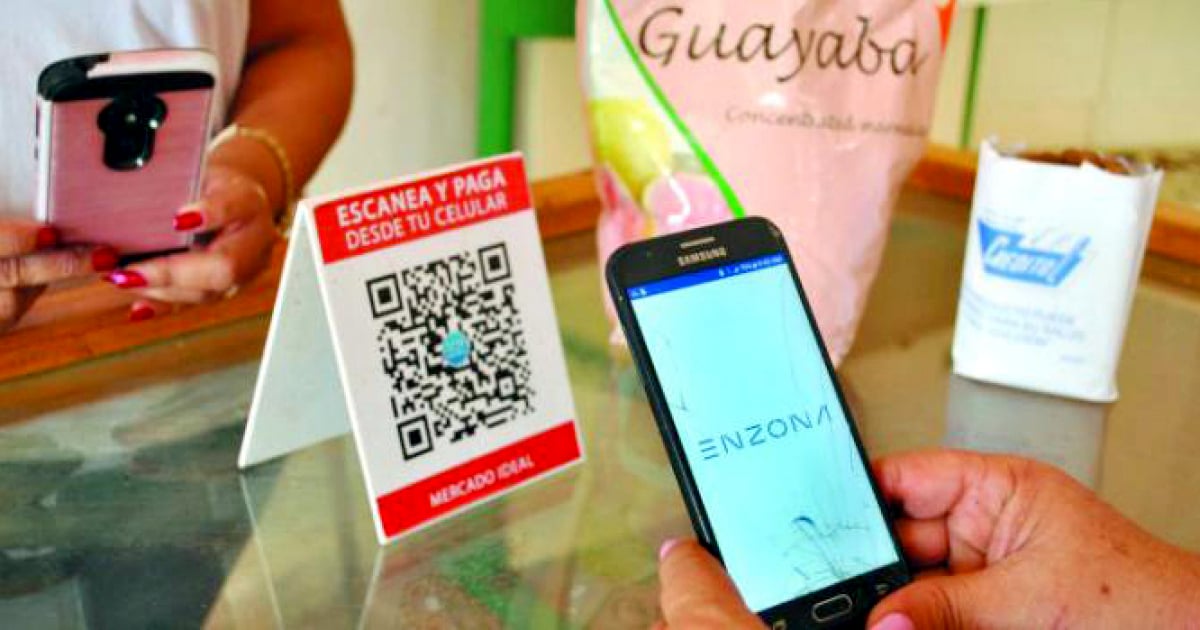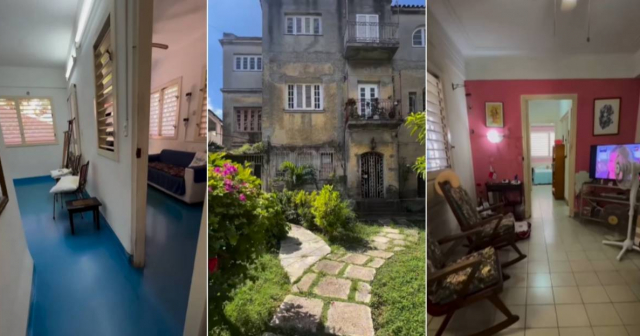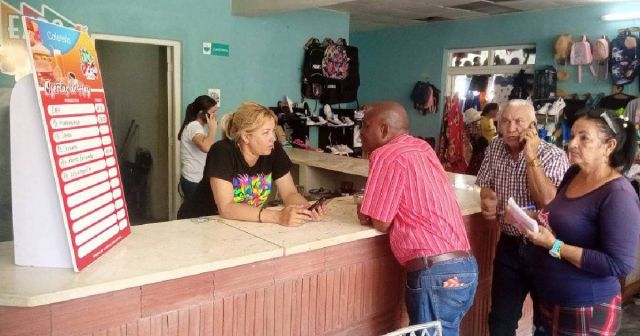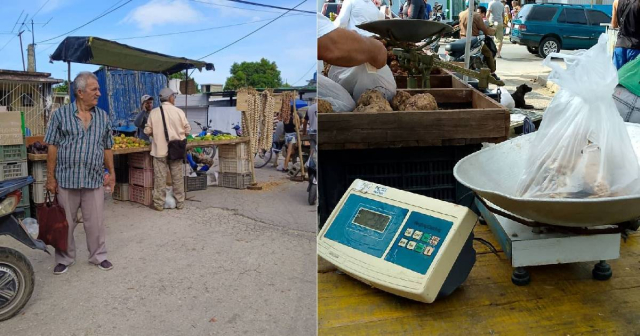
An inspection by the Ministry of Internal Trade (MINCIN) of the Cuban regime, carried out during the first week of September, resulted in the closure of 58 businesses for not complying with the regulations for the use of electronic channels for the payment of goods and services.
Inalvis Smith Lubén, deputy minister of MINCIN, made statements to Granma in which she reported the closure of 58 establishments, 17 withdrawals of the Commercial Authorization, and 384 fines totaling 1,044,515 pesos.
71% of the actions were concentrated in self-employed workers (52%) and local subordinate commerce establishments (19%). In total, 506 violations were recorded, with 459 measures applied, specified Smith Lubén.
The inspection, carried out between September 2 and 6, covered 1,767 establishments (695 state-owned and 1,072 private), with the aim of verifying what was stipulated by the Central Bank of Cuba (BCC) in its resolutions 93 and 111.
In addition, 602 intervention actions were carried out in relevant marketing areas and agropecuary markets, where authorities called to enhance the use of digital payment platforms to advance the banking process undertaken to "correct distortions and revitalize the economy."
As the one-year anniversary of the publication of resolution 93 approaches, Smith Lubén recalled that what is stipulated in it concerns “state-owned enterprises and budgeted units, all forms of foreign investment, non-agricultural cooperatives and agricultural cooperatives, micro, small and medium enterprises (Mipymes), self-employed workers, independent agricultural producers, local development projects, and non-profit associative forms engaged in trade.”
In April, the Cuban regime closed 476 businesses for not allowing the use of electronic payment channels. Despite the high number, the head of MINCIN, Betsy Díaz Velázquez, stated that the number of closed establishments was still "insufficient," because in some provinces "the level of enforcement (against offenders) is low."
He also reported that the practice had proliferated by "non-state entities" charging the customer a fee of 10 to 15% for using an electronic channel, and that payments were also being made to accounts of individuals rather than to the business where the purchase was made.
Licenses were also revoked at 380 establishments and fines were imposed, which he deemed insufficient. "The fines will be substantial and we will also set a duration for the closures. There has to be rigor," he threatened.
In March, regime authorities closed 45 establishments that did not comply with the guidelines set forth in resolution 93, which was approved last November and establishes the obligation for businesses in the country to provide consumers with the necessary means for electronic payment.
Just a few days after the implementation of the banking process, many private business owners rejected the requirement to make collections through electronic channels, in order to have the cash necessary for making payments and other operations.
This was explained in April by the Minister of Economy and Planning, Joaquín Alonso Vázquez (president of the BCC when the banking measures were approved) at a meeting where he stated that the "new economic actors" provide "resistance to the measure" of banking transactions for collections and payments.
During the 2023 annual review meeting of the BCC held that month, Prime Minister Manuel Marrero Cruz acknowledged the failure of the banking process initiated in August 2023, as well as the fiasco represented by the official exchange rate that the regime established for foreign currencies as part of the "economic and monetary ordering."
What do you think?
COMMENTFiled under:






